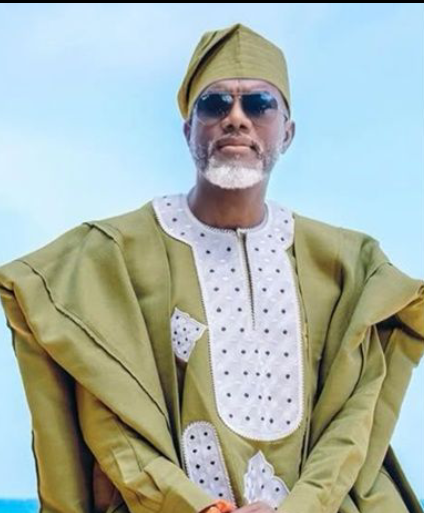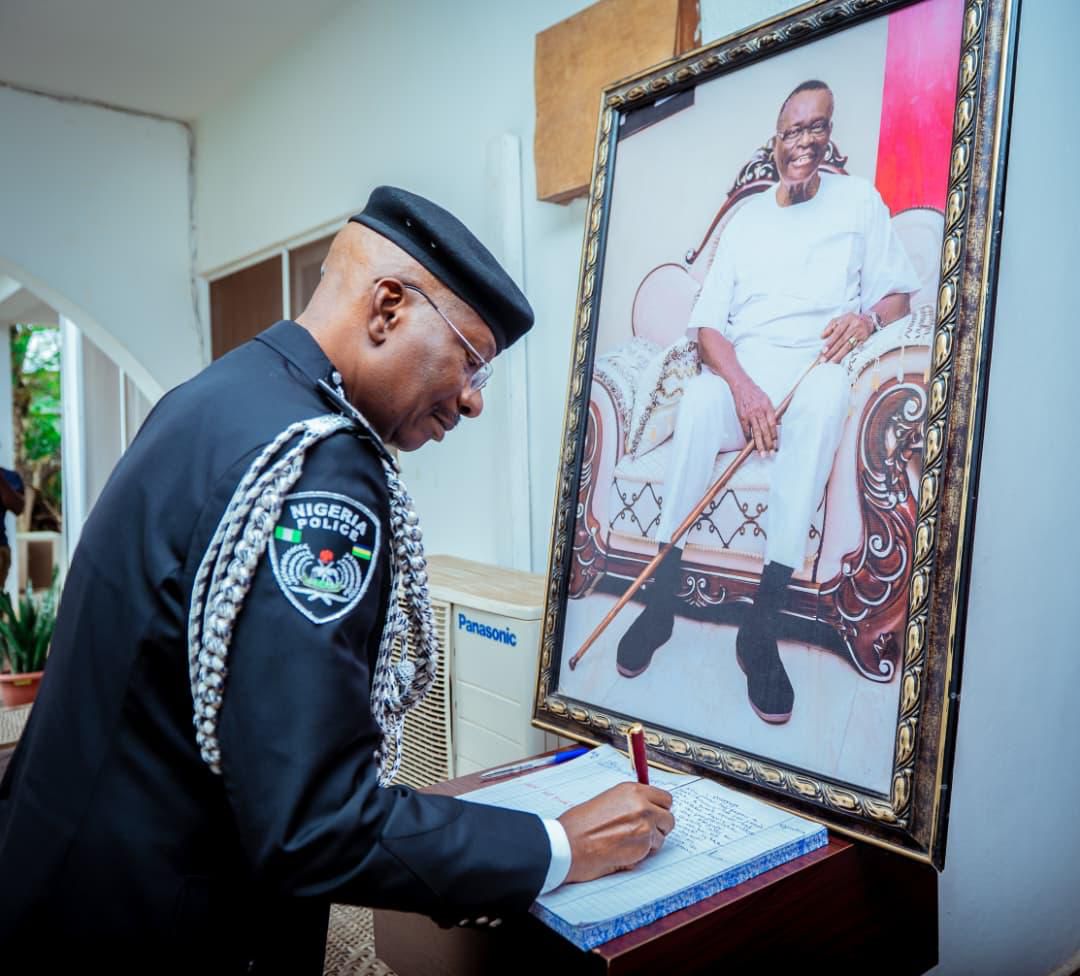
"What Are You Paying For?" — Reno Omokri Sparks Controversy Over Bride Price and Virginity in Marriage Debate

Nigerian author and political activist, Reno Omokri, has once again triggered heated conversations on social media after posting a controversial opinion questioning the rationale behind paying bride price for non-virgin women. In a lengthy statement that has since gone viral, Omokri challenges the traditional practice of bride price payment, stating that it becomes “punishment” for a man when he is required to pay a bride price for a woman who had previously given her virginity to another man for free.
According to Omokri, bride price should not be demanded unless the woman is a virgin, arguing that the act of intercourse, as seen in biblical scriptures, is tantamount to marriage. Referencing Genesis 24:67, he points out that Isaac and Rebekah did not hold a formal wedding ceremony, yet she became his wife the moment he "took" her into his mother’s tent. Omokri emphasizes that this biblical precedent proves that the sexual act itself was considered marriage in God’s eyes, suggesting that modern-day relationships have drifted far from scriptural values.
"What are you paying for?" Omokri asked bluntly. "The woman is not a property that you are buying. No. If not, it would have been called 'Woman Price.' What you are paying for is a bride. And for you to be a bride, you must be chaste." The statement has drawn both praise and outrage across social media platforms, reigniting age-old debates on virginity, purity culture, gender roles, and evolving African values in the modern age.
Omokri went further to assert that societal problems in Africa—particularly those afflicting Black communities—could be significantly reduced if traditional values of chastity and sexual restraint were restored. “More than half of Black Africa's challenges, from high HIV/AIDS rate to overpopulation, will be solved if we returned to our traditional values of restricting sexual intercourse ONLY to married couples,” he said. He lamented what he described as a cultural shift that now seems to reward promiscuity rather than purity.
In one of his most provocative comparisons, Omokri questioned why the Virgin Mary was chosen by God to bear Jesus. “If virginity was not important, why did God choose Mary? It was for one reason only. Her virginity,” he stated. He called on African societies to reward virginity and chastity, rather than turning a blind eye to what he believes is rampant sexual immorality.
The backlash was immediate. Critics accused Omokri of promoting archaic and misogynistic views that reduce a woman’s value to her sexual history. Many pointed out that his views ignore the dignity and worth of women as whole human beings, not just as symbols of chastity or religious ideals. Others noted that in many African cultures, the payment of bride price is not solely about virginity but is deeply rooted in family, respect, and cultural traditions. Some argued that the idea of a woman "belonging" to the man who took her virginity perpetuates patriarchal oppression and overlooks the complex realities of relationships in the 21st century.
But Omokri, who has made a name for himself as an unapologetically conservative thinker, refused to back down. "I don't care who insults me. God put me on Earth to live up to His expectations, not yours," he wrote in his post. The remark only fanned the flames further, as supporters and detractors took turns dissecting his words across Facebook, Instagram, and X (formerly Twitter).
Supporters of Omokri’s views praised him for speaking what they called "hard truth" and for attempting to reawaken moral consciousness in a generation they feel is drifting dangerously from divine and cultural order. Some went as far as to say that if more men followed his advice, marriage would become more meaningful and sacred.
However, even among his followers, there were those who disagreed with the binary implication that only virgins are worthy of bride price. “The act of paying bride price isn’t about whether a woman is a virgin or not—it’s about acknowledging her family and culture. That’s respect, not punishment,” one user commented. Others pointed out the glaring absence of accountability for men who sleep with women without commitment, questioning why women are solely burdened with upholding chastity in his narrative.
The firestorm that followed Omokri’s comments speaks to the larger cultural clash between traditional values and modern realities. In a world where premarital sex is increasingly normalized and gender roles are being redefined, the question of virginity as a standard for marital worthiness is deeply divisive. Add religion to the mix, and the conversation becomes even more complex.
Beyond the theological and cultural implications, Omokri’s comments also reopen long-standing gender debates: Should a woman’s past define her future? Should virginity be a precondition for marital honor? Is the bride price an outdated tradition that needs reform or a sacred rite that still holds value?
As the dust continues to swirl around Omokri’s post, one thing is clear—conversations about sex, purity, and tradition are far from over in Nigerian society. While some are ready to move forward and embrace more inclusive views, others, like Omokri, remain firm in their belief that the answers to Africa’s many moral and social problems lie in returning to the old ways.
Whether he is seen as a truth-teller or a provocateur, Reno Omokri has succeeded in stirring a pot that touches on religion, culture, and identity in the most personal of ways. And in doing so, he reminds us that sometimes, the most explosive questions are the ones we’re still afraid to fully answer: What are we really paying for—and why?


